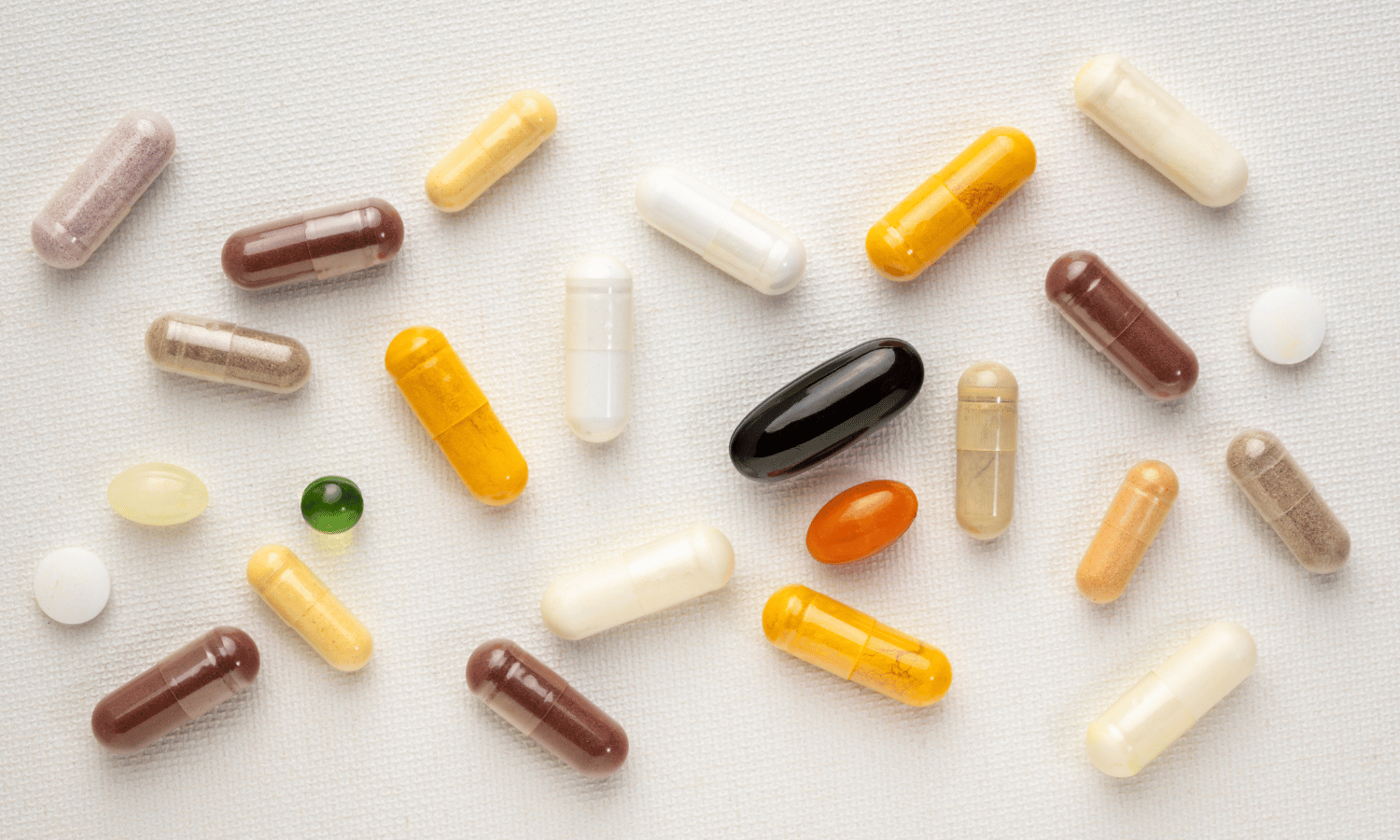Best Vitamins and Supplements for Vascular Health
Welcome to your definitive guide on navigating the world of vitamins and supplements for optimal vascular health. In today's fast-paced lifestyle, maintaining vascular health has become more critical than ever. It's not just about longevity but ensuring quality of life with a robust cardiovascular system. This guide will explore how certain vitamins and supplements can be your allies in this journey, backed by science and woven with personal insights.
Understanding Vascular Health
Vascular health is the cornerstone of a well-functioning cardiovascular system. It involves the health of your arteries and veins, crucial for delivering oxygen-rich blood throughout your body and returning it to your heart. Poor vascular health can lead to a myriad of issues, including hypertension, atherosclerosis, and increased risk of heart disease. But here's the good news: adopting a healthy lifestyle, including the right nutrients, can significantly improve your vascular health.
Key Vitamins for Vascular Health
Vitamin D: Often hailed as the "sunshine vitamin," Vitamin D plays a pivotal role in maintaining endothelial function - a fancy term for the health of your blood vessels' inner lining. Low levels of Vitamin D have been linked to an increased risk of hypertension and vascular disease. So, where can you get your daily dose? Apart from sunlight, consider fatty fish, fortified foods, and supplements.
Vitamin K: This vitamin is a key player in preventing calcification of the arteries. It helps in the carboxylation of certain proteins, which prevents calcium from depositing in the vessel walls. Green leafy vegetables like spinach and kale are rich in Vitamin K, making them a must-add to your diet. If you are taking blood thinners, this can counteract the effects of your medication. Do not increase Vitamin K intake unless directed by your doctor, especially if you are taking blood thinners.
Vitamin C: An antioxidant powerhouse, Vitamin C aids in the production of collagen, which helps keep the walls of your arteries flexible and strong. Citrus fruits, strawberries, bell peppers, and broccoli are excellent sources to incorporate into your meals.
B Vitamins: Specifically, vitamins B6, B12, and folic acid play a crucial role in reducing homocysteine levels in the blood, high levels of which are linked to a greater risk of vascular disease. Avocados, legumes, and whole grains are great sources of B vitamins.
Essential Supplements for Vascular Health
Omega-3 Fatty Acids: These are vital in reducing inflammation throughout the body, including your blood vessels, and in lowering triglyceride levels, which is crucial for heart health. Fish oil supplements, flaxseeds, and walnuts are rich in omega-3s.
Magnesium: This mineral helps regulate blood pressure and is essential for over 300 biochemical reactions in the body. Magnesium can be found in nuts, seeds, whole grains, and leafy green vegetables.
Coenzyme Q10 (CoQ10): CoQ10 is crucial for energy production in cells and has antioxidant properties that protect your heart and blood vessels from damage. It's naturally present in small amounts in meats and seafood, but supplementation can be beneficial, especially for those on statin medications.
Antioxidants (Resveratrol, Flavonoids): These compounds fight oxidative stress in your blood vessels, reducing the risk of vascular diseases. You can find them in foods like dark chocolate, berries, and red wine, in moderation.
Herbal Remedies and Natural Vasodilators
Garlic: Not just for adding flavor, garlic has been shown to have a significant impact on reducing blood pressure and cholesterol levels, thanks to its sulfur-containing compounds.
Ginkgo Biloba: This ancient herb improves circulation by dilating blood vessels and reducing the stickiness of blood platelets.
Hawthorn: Used for centuries to treat heart disease, hawthorn increases blood flow, improves circulation, and lowers blood pressure.
L-arginine: An amino acid that converts into nitric oxide in the body, L-arginine helps dilate blood vessels, improving blood flow.
Additional Tips for Supporting Vascular Health
While vitamins and supplements are essential, they're most effective when part of a holistic approach to vascular health. This includes eating a balanced diet rich in fruits, vegetables, and whole grains; engaging in regular physical activity; and avoiding smoking and excessive alcohol consumption.
Ready to Take the Next Step?
Embracing the best vitamins and supplements for vascular health can significantly impact your overall well-being. Remember, the journey to a healthier heart and arteries doesn't end with supplementation—it's a comprehensive lifestyle commitment. Before making any changes to your diet or supplement regimen, consult with a healthcare provider to ensure it's safe and right for you. If you're looking to take a proactive step towards improving your vascular health, consider scheduling an appointment with our specialists at Indiana Vascular. Our team is dedicated to providing personalized care to help you achieve optimal heart and vascular health. Here's to your heart, your health, and your happiness!

